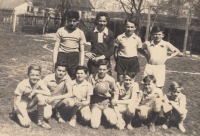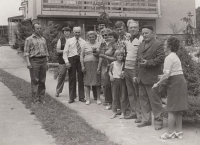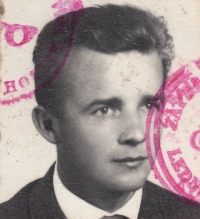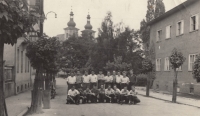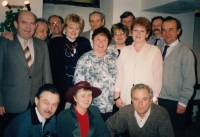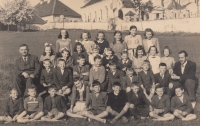Life was gradually getting worse, the Commies could only destroy all the things
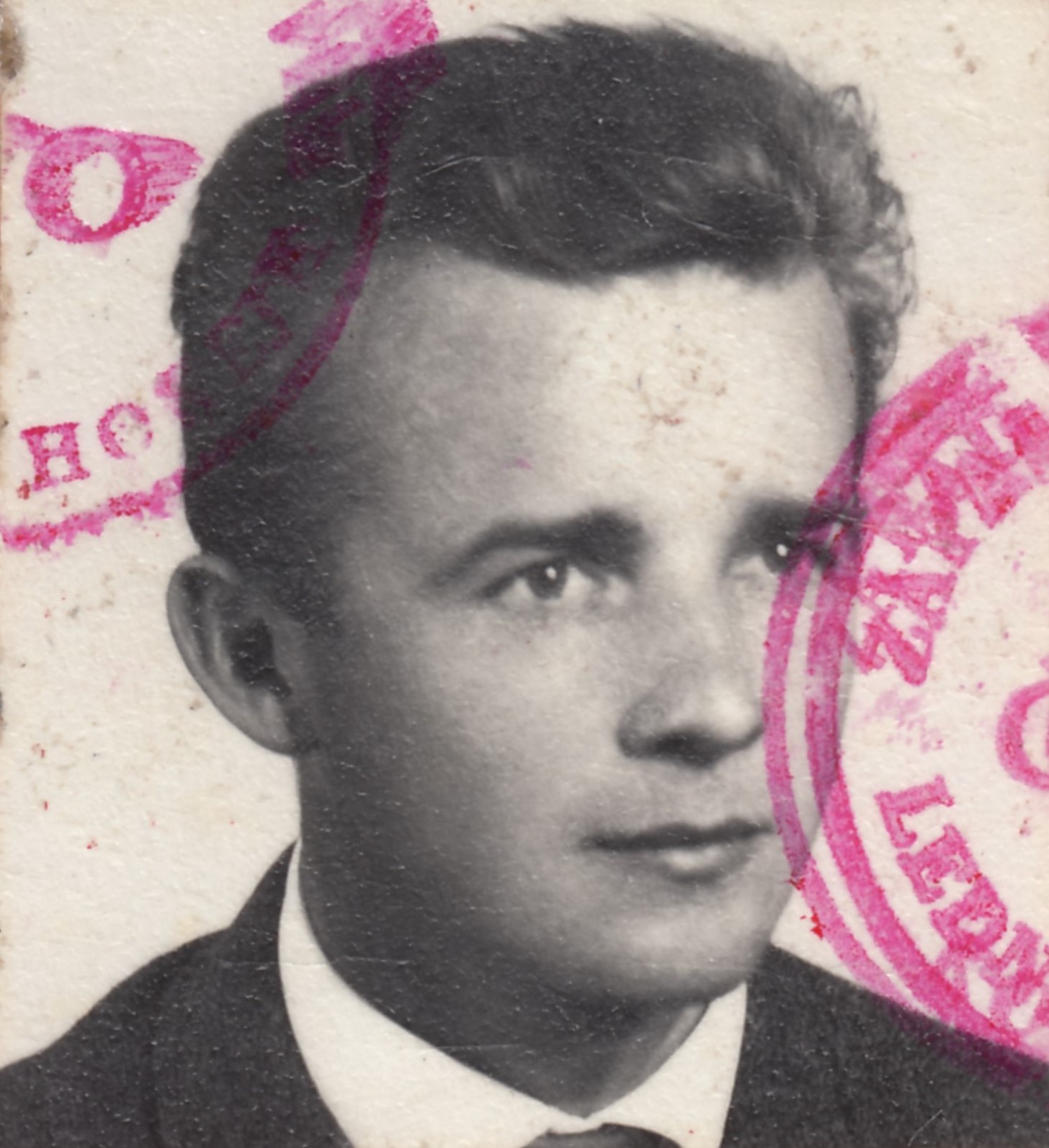
Stáhnout obrázek
Karel Zub was born on the 1st of January in 1937 in Vřeskovice in the Klatovy region. In 1943, he started going to the local school. At the age of eight, in May 1945, he witnessed the liberation of Vřeskovice by the United States army. After the 1948 Communist coup d’état, the Zub smallholding was confiscated, the parents were forced to join the Unified Agricultural Cooperative and Karel’s father was not allowed to run his cabinet making worhskop. In 1953, they also lost the family savings in the monetary reform. Karel Zub was 16 at that time and on the 1st of June, he witnessed the so-called Uprising, mass protests against the monetary reform. From a safe distance, he observed how paintings were being thrown out of the windows of the city hall and set on fire, how the demonstration participants turn over the police cars and how they were arrested en masse. During the 1950’s, Karel Zub went to a trade school and apprenticed in cabinet making and later he studied at teachers’ institute. In 1968, during the invasion of the Warsaw Pact armies, he worked as a construction site supervisor in Stod nera ply. In September 1968, he started to teach at the trade school for construction works in Plzeň. At the time of recording (2019), he lived in his birthplace, Vřeskovice.
